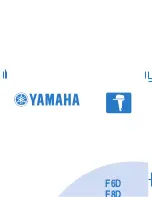Motorola MB68k-100, User Manual
The Motorola MB68k-100 is a cutting-edge device that guarantees seamless browsing and powerful performance. Enhance your user experience with our comprehensive and easy-to-follow User Manual, available for free download at 88.208.23.73:8080. Maximize the full potential of your device and explore its features with our detailed manual.
















